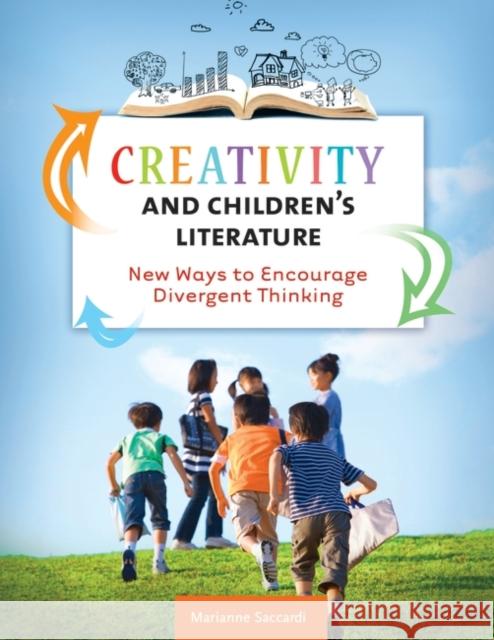Creativity and Children's Literature: New Ways to Encourage Divergent Thinking » książka
Creativity and Children's Literature: New Ways to Encourage Divergent Thinking
ISBN-13: 9781610693554 / Angielski / Miękka / 2014 / 239 str.
The children in classrooms today will soon become adult members of society: they will need to apply divergent thinking skills to be effective in all aspects of their lives, regardless of their specific occupation. How well your students meet complicated challenges and take advantage of the opportunities before them decades down the road will depend largely upon the kind of thinking they are trained and encouraged to do today. This book provides a game plan for busy librarians and teachers to develop their students' abilities to arrive at new ideas by utilizing children's books at hand.
Following an introduction in which the author defines divergent thinking, discusses its characteristics, and establishes its vital importance, chapters dedicated to types of literature for children such as fantasy, poetry, and non-fiction present specific titles and relevant activities geared to fostering divergent thinking in young minds. Parents will find the recommendations of the kinds of books to read with their children and explanations of how to engage their children in conversations that will help their creative thinking skills extremely beneficial. The book also includes a case study of a fourth-grade class that applied the principles of divergent thinking to imagine innovative designs and come up with new ideas while studying a social studies/science unit on ecology.











